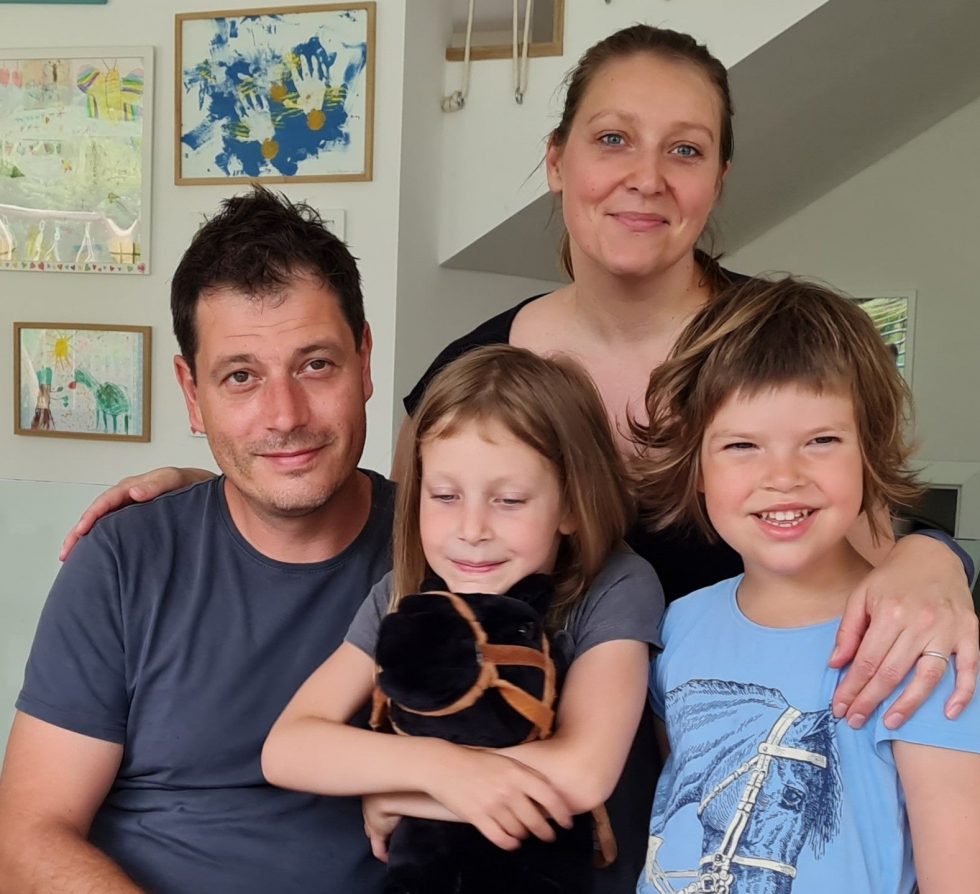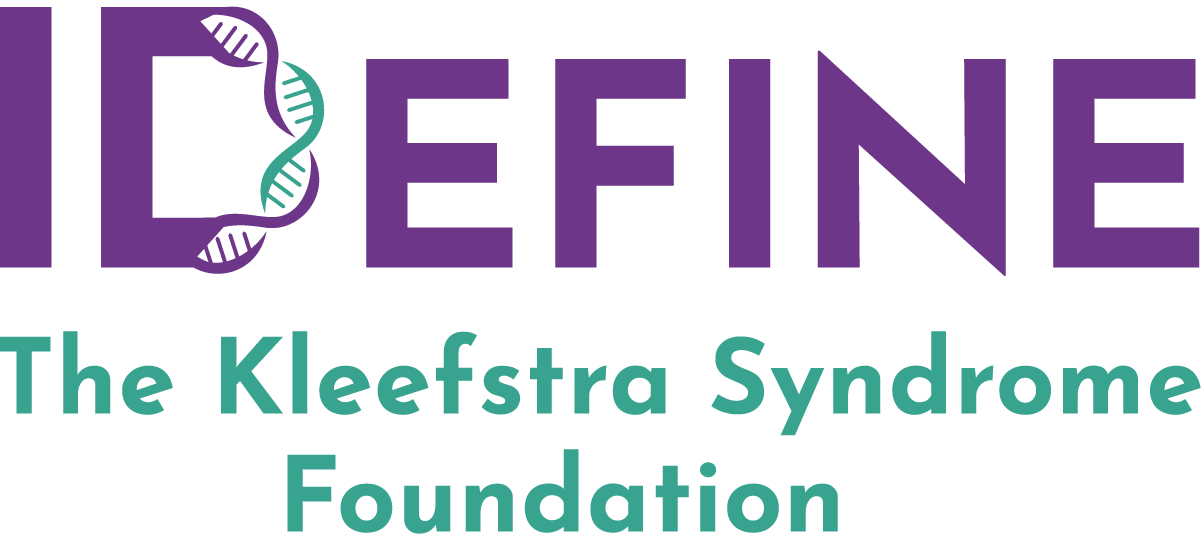Meet Tanja Zdolsek Draksler – KS Mom and Scientific Researcher

Data and parents will be the key to a cure, says KS mom, researcher
IDefine was founded in 2020 by a group of U.S.-based parents seeking answers for their children living with a Kleefstra Syndrome diagnosis. However, because KS is rare and it knows no borders, in just over a year, the organization has intentionally connected with experts worldwide and established a global presence.
Dr. Tanja Zdolsek Draksler, a research project manager in information technologies at the Jožef Stefan Institute (JSI) – the leading Slovenian scientific research institute specializing in natural sciences, life sciences and engineering – is one of those experts. She has also played a key role in helping IDefine make international connections.
Tanja lives in Slovenske Konjice, Slovenia with her husband, Martin, and their daughters Zala, 7, and Ajda, 5, who was diagnosed with KS in 2019. Although Ajda is a very happy child who enjoys her swing, books, swimming, helping out in the kitchen, and being surrounded by family, Tanja feels an urgency to take action.
Because she has expertise with research projects dealing with artificial intelligence, machine learning, and data mining, among other areas, Tanja began reaching out to see where her skills might be able to make a difference. First, she connected with Dr. Tjitske Kleefstra about possible research collaborations and working on joint European research proposals. Then, after learning about IDefine around the time of its inaugural International Family and Scientific Conference – Tanja reached out to offer her services.
Soon, she was devoting extensive amounts of time analyzing rare disease research, its communities, and platforms devoted for data management of rare diseases.
“Data is and was always the basis for any new therapeutics,” said Tanja. “To attract the interest of investors, researchers, biotech, and the pharma industry, you need patient reported data and clinical reported data.”
That’s why Tanja encourages KS families to prioritize the short amount of time necessary to share their data with the three complimentary entities currently aggregating information about KS – AllStripes, Rare-X, and Genida. AllStripes gathers medical records. Rare-X and Genida collect patient reported outcomes.
Because KS is so rare, Tanja says it’s necessary that data be aggregated and analyzed globally.
That’s where artificial intelligence comes in. Tanja says AI is still something new to rare disease communities, but it can play a crucial role.
“In general, AI is a technology that extracts insights and patterns from data. It can detect anomalies or makes predictions based on data. I would say that the most important aspect from AI is that it can speed up the process and this is very important as children living with a rare disease don’t have the luxury of having all the time in the world.”
Tanja also serves as an IDefine ambassador by organizing international calls to connect KS communities around the world. The international calls are called “Kleefstra chats” and take place monthly. The idea was a joint project by Tanja and IDefine CEO Geoff Rhyne. They host the calls together and the agendas are prepared based on the KS community’s needs.
“We know that language is a barrier as not all parents speak English, so I also established a list of KS parents from different EU countries that agreed to be representatives for their country and language,” says Tanja. “In that way we can conduct an active environment, especially for Europe with different countries and languages. Generally, I could say that I am representing Europe in IDefine.”
Tanja says the global community of KS parents gives her hope for new therapeutics and a cure.
“In the rare disease community, the work will not be done from others, parents know this world best and we have to dig in and bring this community to a higher level,” said Tanja. “There are approximately 7,000 rare diseases out there, we have to step forward to achieve our goals. There is still a long road to go, but from my perspective, knowing all the enthusiastic KS parents and KS researchers involved, nothing is impossible.”

